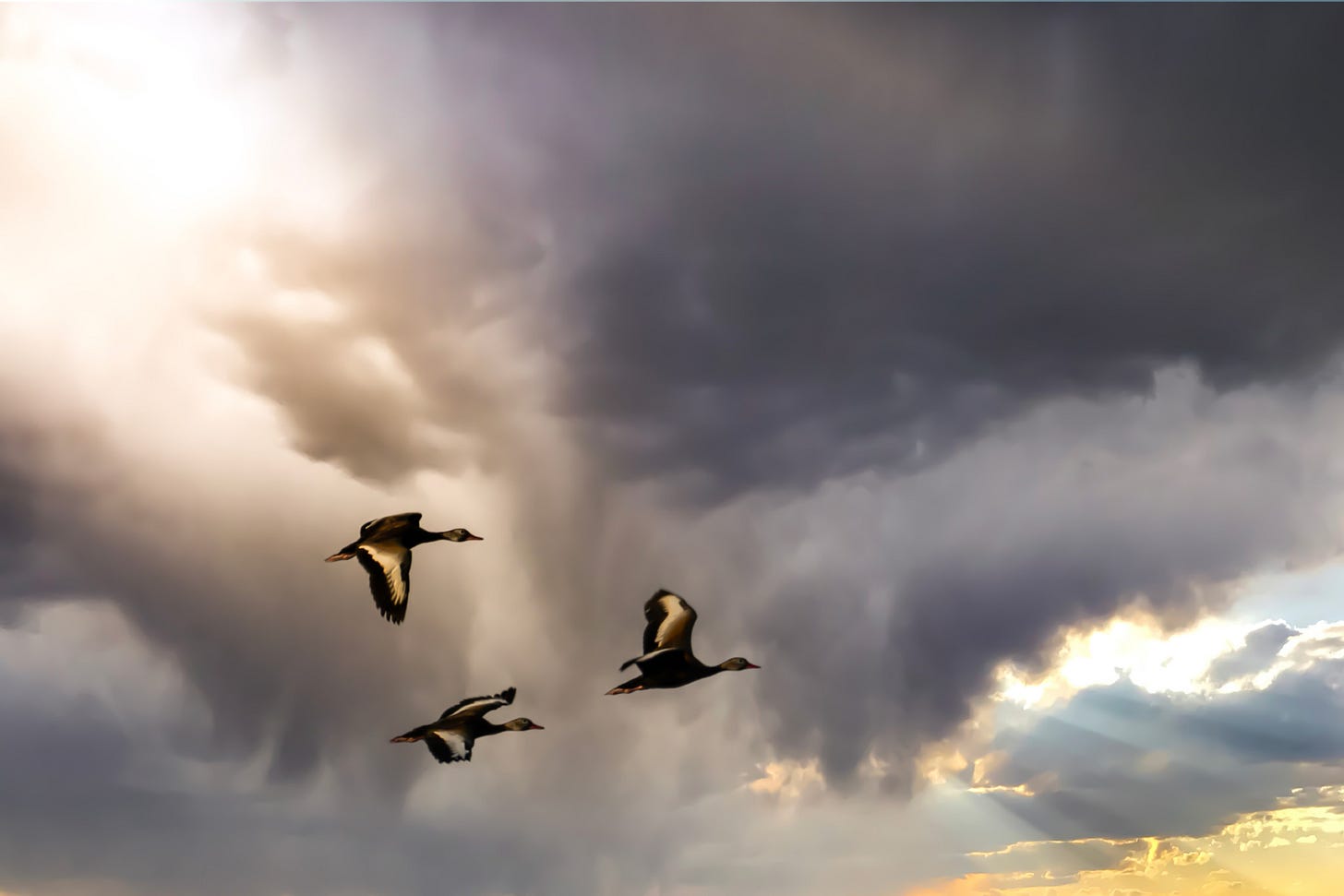Spirituality and Freedom
None without the other...
A most happy, healthy, and prosperous New Year to you, dear reader!
Apologies for my silence over the past several months, but virtually all of my time has been devoted to my wife’s successful recovery from a devastating illness, and the design and launch of my new fine art photography gallery. I’d love for you to visit it. (Please be sure to sign up for future announcements and promotions when you do.)
Moving forward, this and future posts will be punctuated with my photographic art, in no small measure because I have decided to return to my roots with the Quality of Life Resistance Movement, and because all art — like freedom — is essentially spiritual.
Henceforth all new posts will focus pretty much exclusively on the critical relationship between freedom and faith as manifest primarily in personal and community religious ritual — or the lack thereof. To kickstart the conversation, I quote from my essay, The Quality of Life Essentials…
In Western cultures we view ourselves primarily as physical creatures with occasional spiritual manifestations, while many non-Western cultures adopt the exact opposite view: We are, they assert, spiritual beings first and foremost with occasional physical manifestations.
Many cultures view the physical world as a mere subset to the real one, a much larger and embracive spirit world where everything — every animal and tree, every hunt and harvest, every rock and stone, everything animate and inanimate — is imbued with spirit. Nature everywhere is an altar, and the very essence of life itself is spiritual first.
The secularization of Western culture since the Enlightenment has all but eradicated traditional religion as a meaningful force in our lives in the 21st century. Spiritual freedom is no longer deemed an irrevocable birthright conferred upon us by the natural laws of a benevolent and abundant Creator.
Yet we are no less religious today than we were before the Enlightenment. We just pray to a different pantheon of gods. We no longer worship at the church or synagogue or mosque or temple. Today we worship at the alters of Google and Facebook and Amazon and Apple and Microsoft and Netflix and Twitter and TikTok and Climate Change and Anti-Racism and Gender Equity and Perpetual War.
But the quasi-religions of science, technology, academic expertise, entertainment, and ideological cultism are poor substitutes for the real thing. Despite what the false gods and high priests of polytheistic narcissism may profess, there are no freedoms and there are no liberties without the freedom of religion first. Precisely why the free exercise of religion is the very first of the five freedoms enumerated in the First Amendment of the Bill of Rights. There is no freedom of speech, freedom of the press, freedom of assembly, or freedom of petition without the free expression of religion first.
That said, you may rightly observe that there is no mention of freedom per se in any of my writing about the four basic needs — spiritual, social, emotional, and physical — here or elsewhere. But that’s only because freedom is the spiritual birthright of all living things, great and small. Freedom is the most innate manifestation of spirituality. Like matter and energy, we cannot create or destroy it. We typically find it wherever and whenever it is most welcome in our hearts and minds. In the end, only the divine spark of life confers freedom. We can only work to preserve or surrender it.
Watching the quality of life collapse across all meaningful metrics — spiritual, social, emotional, and physical — over the first quarter of the 21st century has convinced me, among other things, that the vacuously common claim of spirituality in the absence of regular religious or creative ritual is just another (especially pernicious) form of empty virtue signaling.
Thus I’m much more interested these days in exploring what we can do to restore spiritual and religious ritual as the primary drivers of quality in our lives because the evidence is clear: the elimination of meaningful ritualized spirituality in our lives has effectively (and deliberately) severed us from our spiritual connection with the universe.
The rapid 21st-century decline in the quality of life is the inevitable downstream consequence: Once we become spiritually bereft we become socially isolated and detached; once we become socially isolated and detached we become emotionally despondent and brittle; once we become emotionally despondent and brittle we become physically and systemically ill.
Before we can hope to restore our spiritual connection with each other and the universe at large we need to restore meaningful religious and spiritual ritual in our day-to-day lives first. Contrary to the secularist movements of the 20th and 21st centuries, meaningful religious and spiritual ritual is not optional — at least not if we expect to survive the 21st century with any of our freedoms intact, including and especially those enumerated in the Bill of Rights. Remember, as our spiritual health declines, so does everything else — especially freedom…
In the weeks ahead I’ll borrow from my own writing and that of others as we explore the critical connection of spirituality and freedom, and seek to restore the quality of life across all four meaningful metrics: spiritual, social, emotional, and physical. Meanwhile, thanks for reading, and — once again — all the best to you and yours for a wonderful 2025!





Thank you, my friend, and all the best to you and your family for a wondrous 2025!
nice to receive a post from you; a welcome event.
Prayers for the Mrs.